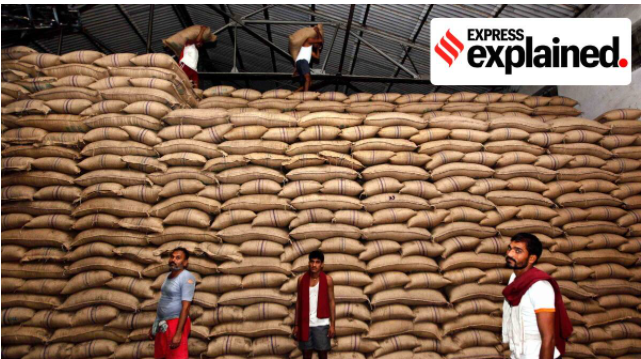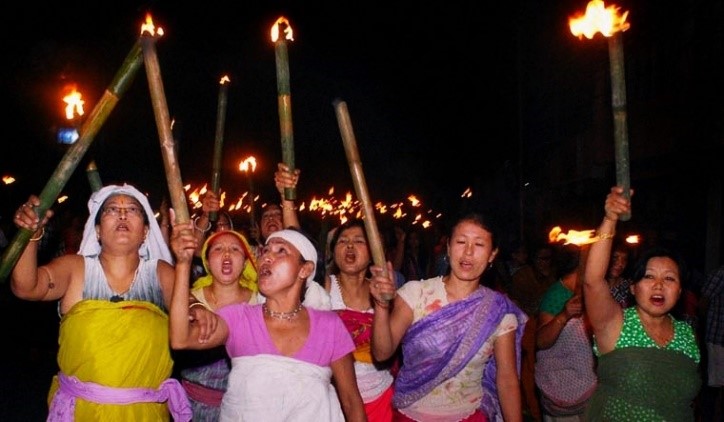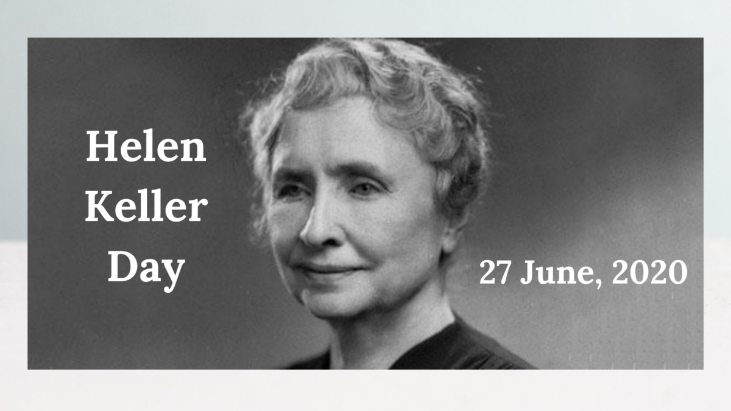Description

Figure 3: No Copyright Infringement Intended
Context:
- A panel set up by the Dispute Settlement Body (DSB) of the World Trade Organization (WTO) has ruled against India’s sugar subsidies.
- It has asked withdraw its prohibited subsidies under the Production Assistance, the Buffer Stock, and the Marketing and Transportation Schemes within 120 days from the adoption of report.
- The report is yet to be adopted (or rejected) by the WTO’s full membership.
Process of WTO:
- On July 11, 2019, three countries, Australia, Brazil and Guatemala, complained about “support allegedly provided by India:
- in favour of producers of sugarcane and sugar (domestic support measures),
- export subsidies that India allegedly provides for sugar and sugarcane (export subsidy measures)”.
- As requested by the three countries, the DSB in its meeting of August 15, 2019, established three panels “to examine the issue.
Complaint against India:
- India’s domestic support and export subsidy measures appeared to be inconsistent with various articles of the
- WTO’s Agreement on Agriculture and the Agreement on Subsidies and Countervailing Measures (SCM),
- Article XVI (which concerns subsidies) of the General Agreement on Trade and Tariffs (GATT).
- India provides domestic support to sugarcane producers that exceeds the de minimis level of 10% of the total value of sugarcane production.
- They also raised the issue of India’s alleged export subsidies, subsidies under the production assistance and buffer stock schemes, and the marketing and transportation scheme.
Indian arguments:
- the requirements of Article 3 of the SCM Agreement are not yet applicable to India and that India has a phase-out period of 8 years to eliminate export subsidies, if any, pursuant to Article 27 of the SCM Agreement.
- complainants have failed to meet their burden of showing” that India’s market price support for sugarcane, and its various schemes violate the Agreement on Agriculture.
Findings of the Panel:
- for five consecutive sugar seasons from 2014-15 to 2018-19, India provided non-exempt product-specific domestic support to sugarcane producers in excess of the permitted level of 10% of the total value of sugarcane production.
- India bring its WTO-inconsistent measures into conformity with its obligations under the Agreement on Agriculture and the SCM Agreement.
- India withdraw its prohibited subsidies under the Production Assistance, the Buffer Stock, and the Marketing and Transportation Schemes within 120 days from the adoption of our Report.
Indian Response:
- findings of the panel were “completely unacceptable” to India.
- Australia, Brazil, and Guatemala “had wrongly claimed that domestic support provided by India to sugarcane producers is in excess of the limit allowed by the WTO and that India provides prohibited export subsidies to sugar mills.
For WTO subsidies:
https://www.iasgyan.in/daily-current-affairs/wto-agrcultural-subsidies
To Read about the WTO
https://www.iasgyan.in/daily-current-affairs/world-trade-organisation-wto
Dispute Settlement Body of WTO:
- The General Council convenes as the Dispute Settlement Body (DSB) to deal with disputes between WTO members.
- It decides the outcome of a trade dispute on the recommendation of a Dispute Panel and (possibly) on a report from the Appellate Body of the WTO. Only the DSB can make these decisions: Panels and the Appellate Body are limited to making recommendations.
- Such disputes may arise with respect to any agreement contained in the Final Act of the Uruguay Round.
- The DSB has authority to: Establish dispute settlement panels, Refer matters to arbitration, Adopt panel, Appellate Body and arbitration reports, maintains surveillance over the implementation of recommendations and Authorize suspension of concessions in the event of non-compliance.
Appellate Body of the WTO’s Dispute Settlement Body (DSB):
- The Appellate Body was established in 1995 to govern the Settlement of Disputes.
- It is a standing body of seven persons that hears appeals from reports issued by panels in disputes brought by WTO Members.
- These members are appointed by the DSB to serve for four-year terms.
- The members can be reappointed once.
- A panel for appeals comprises three from the seven-member AB.
- The Appellate Body members shall be persons of recognised authority with demonstrated expertise in law, international trade and the subject matter of the WTO agreements.








